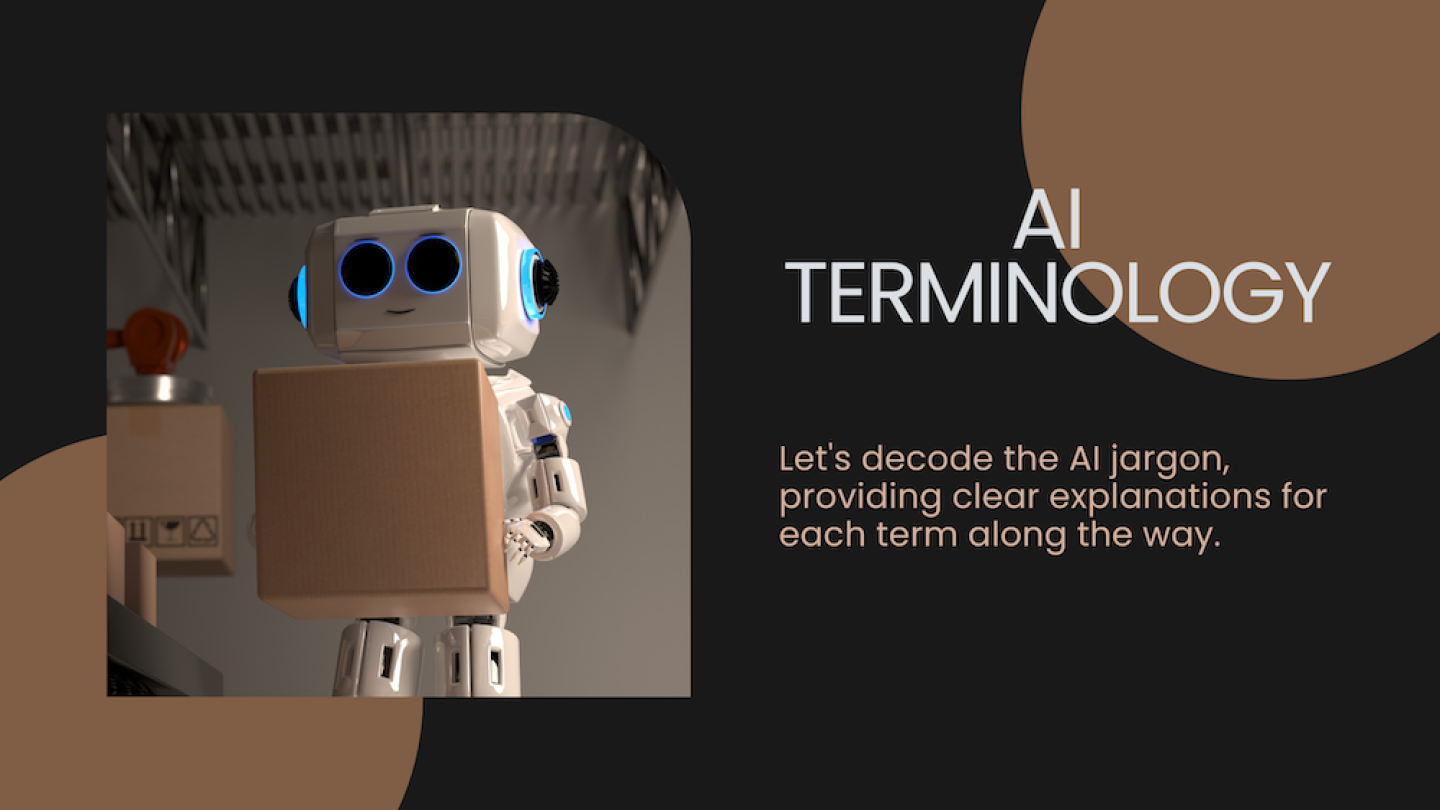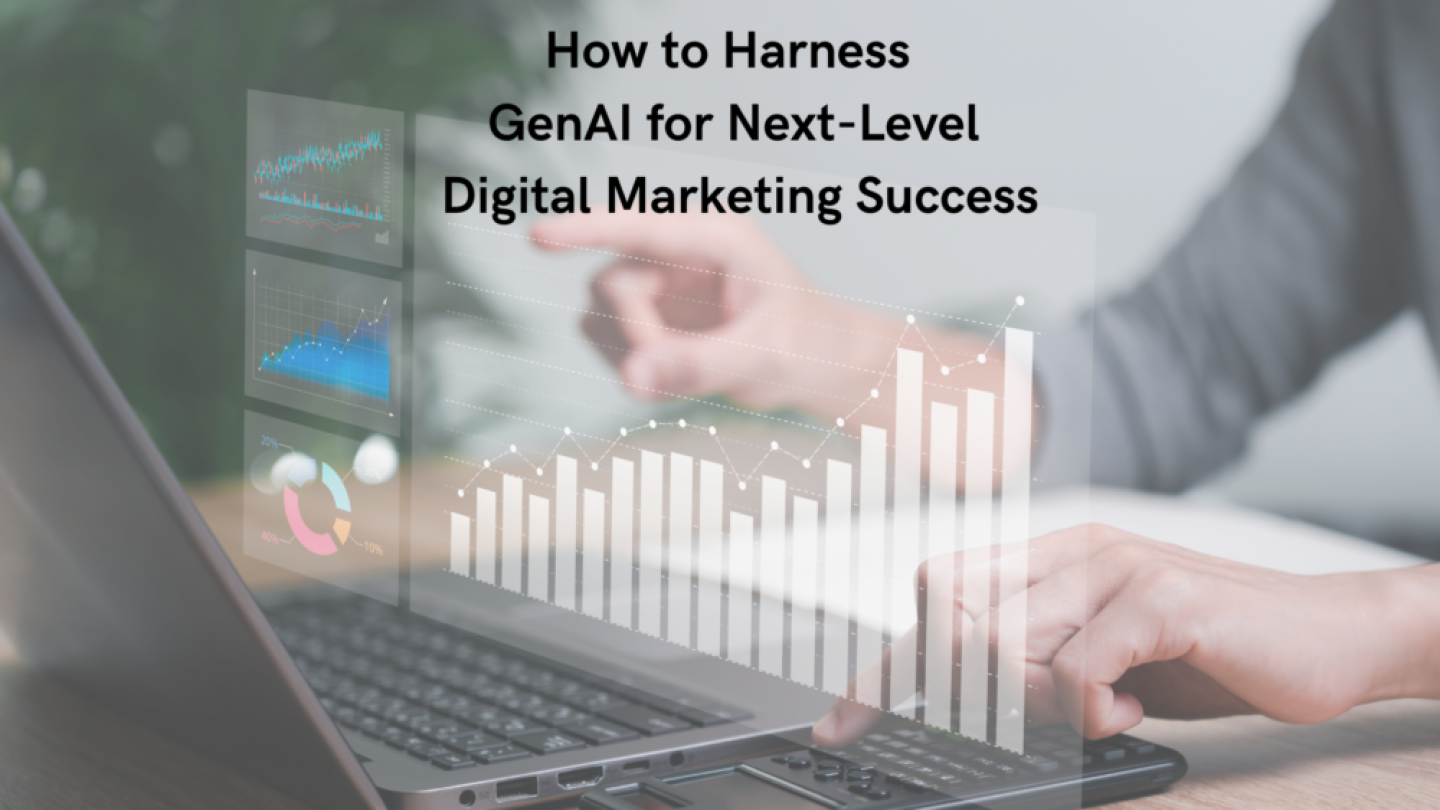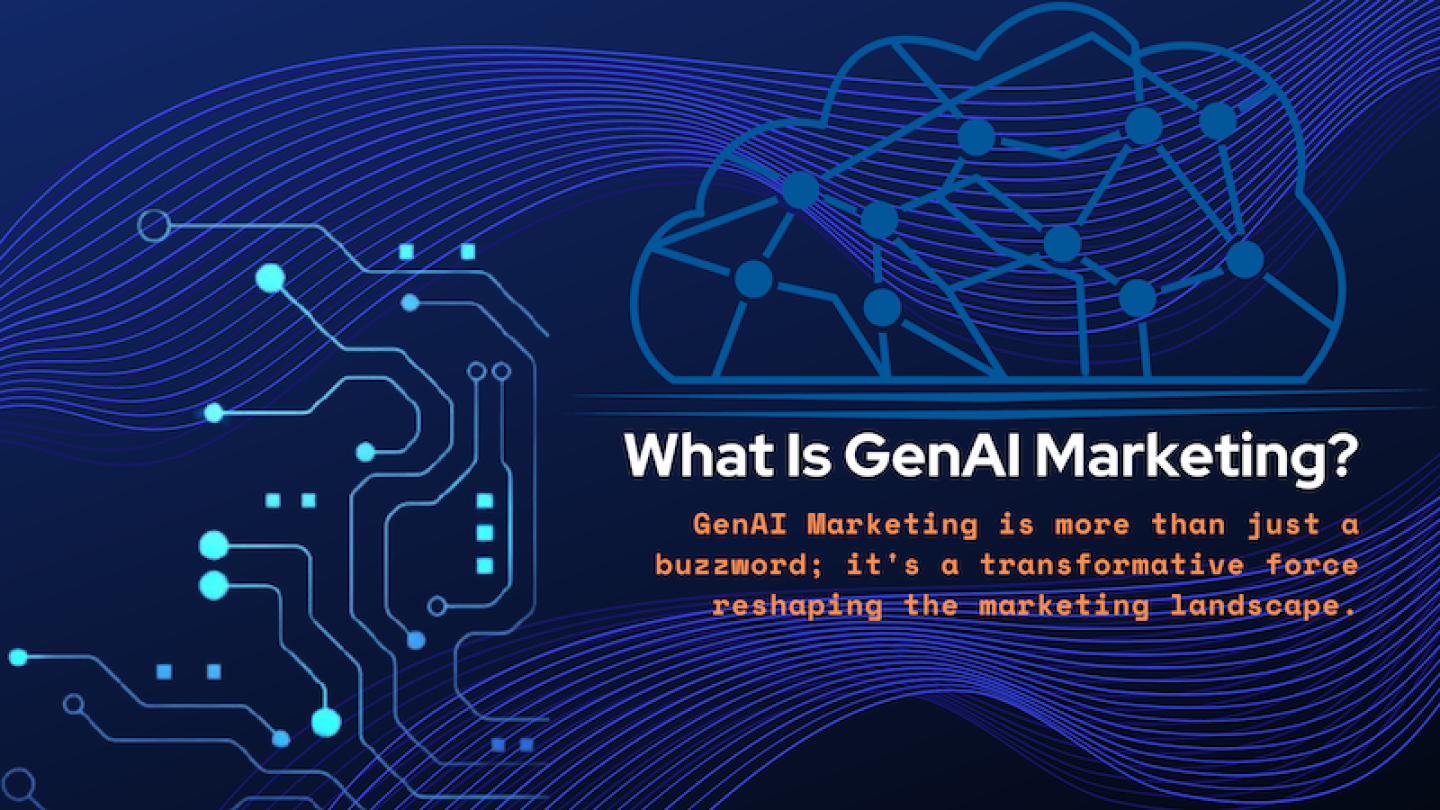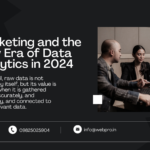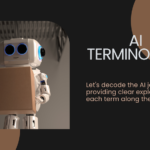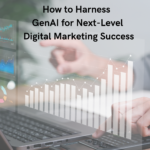Artificial Intelligence (AI) has become an integral part of our lives, influencing everything from the way we shop online to the methods we use for medical diagnosis. However, navigating the world of AI can sometimes feel overwhelming due to the complex terminology. Let's decode the AI jargon, providing clear explanations for each term along the way.
- Artificial Intelligence (AI)
At its core, AI refers to the simulation of human intelligence processes by machines, particularly computer systems. These processes include learning, reasoning, problem-solving, perception, and language understanding. AI aims to create systems that can perform tasks that would typically require human intelligence.
- Machine Learning (ML)
Machine learning is a subset of AI that focuses on the development of algorithms that allow computers to learn from and make predictions or decisions based on data. Instead of being explicitly programmed, ML algorithms use statistical techniques to enable machines to improve their performance on a task as they are exposed to more data.
- Deep Learning
Deep learning is a subset of machine learning that utilizes artificial neural networks with many layers (hence "deep") to model and process complex patterns in large amounts of data. Deep learning has revolutionized AI, enabling remarkable breakthroughs in areas such as computer vision, natural language processing, and speech recognition.
- Neural Networks
Neural networks are a fundamental component of deep learning. Inspired by the structure and function of the human brain, neural networks consist of interconnected nodes (neurons) organized into layers. Each neuron processes input data and passes the result to neurons in the next layer, allowing the network to learn complex mappings between inputs and outputs.
- Natural Language Processing (NLP)
Natural language processing is a branch of AI concerned with enabling computers to understand, interpret, and generate human language. NLP algorithms enable machines to analyze and derive meaning from text and speech, facilitating tasks such as language translation, sentiment analysis, and text summarization.
- Computer Vision
Computer vision is a field of AI that focuses on enabling computers to interpret and understand visual information from the real world. Computer vision algorithms can analyze and extract features from images or videos, enabling applications such as object detection, image classification, and facial recognition.
- Reinforcement Learning
Reinforcement learning is a type of machine learning where an agent learns to make decisions by interacting with an environment. The agent receives feedback in the form of rewards or penalties based on its actions, allowing it to learn optimal strategies for maximizing cumulative rewards over time. Reinforcement learning has been successfully applied in areas such as game playing, robotics, and autonomous vehicle control.
- Generative Adversarial Networks (GANs)
Generative adversarial networks are a class of deep learning models composed of two neural networks: a generator and a discriminator. The generator learns to generate realistic data samples (e.g., images, text) that are indistinguishable from genuine data, while the discriminator learns to distinguish between real and fake samples. GANs have been used for tasks such as image generation, style transfer, and data augmentation.
- Supervised Learning
Supervised learning is a machine learning paradigm where the model is trained on labeled data, meaning each input is paired with a corresponding target output. The model learns to map inputs to outputs by generalizing from the labeled examples provided during training. Supervised learning is commonly used for tasks such as classification and regression.
- Unsupervised Learning
Unsupervised learning is a machine learning paradigm where the model is trained on unlabeled data, meaning the input data is not paired with corresponding target outputs. Instead, the model learns to extract meaningful patterns or representations from the data without explicit guidance. Unsupervised learning is often used for tasks such as clustering, dimensionality reduction, and anomaly detection.
Navigating the landscape of AI terminology can be daunting, but with a clear understanding of key concepts, you can embark on your journey with confidence.
